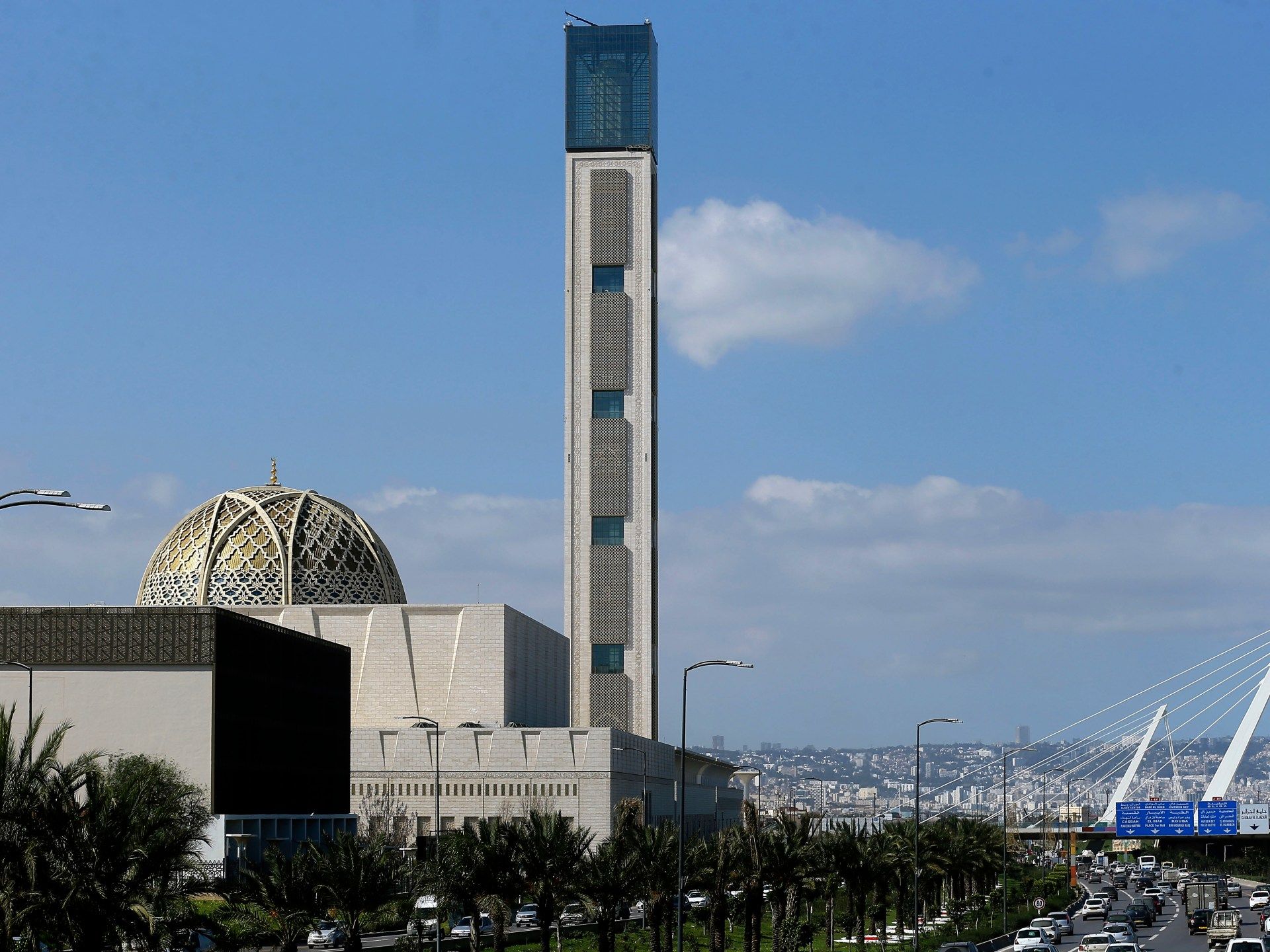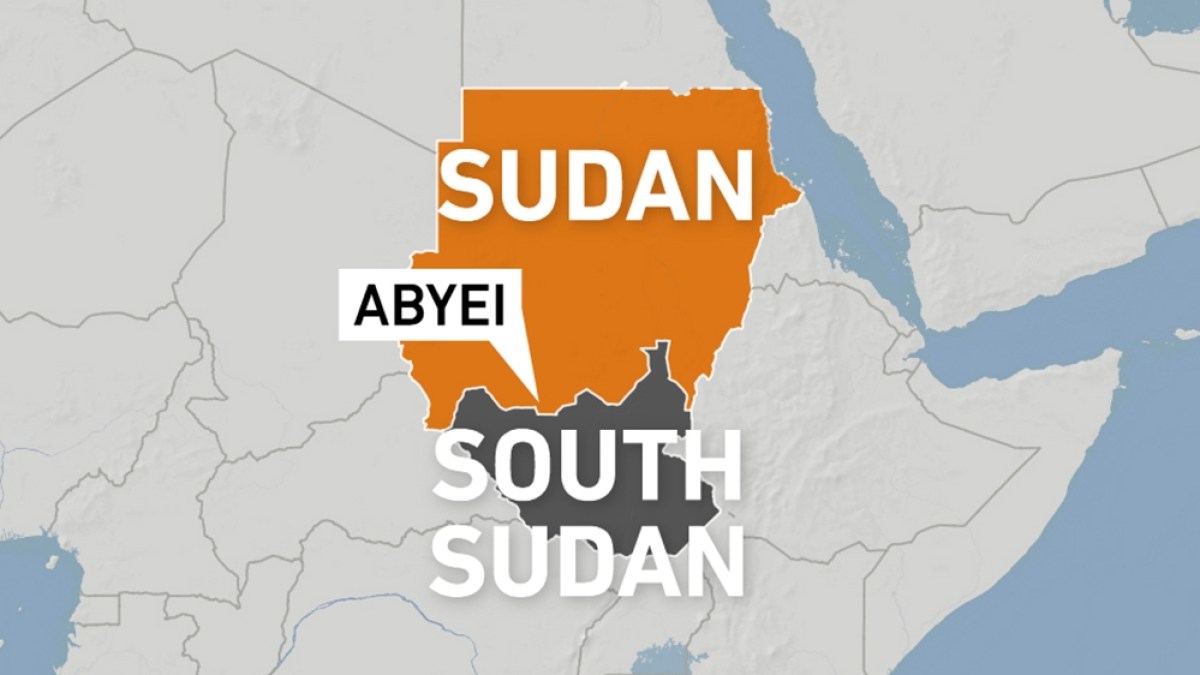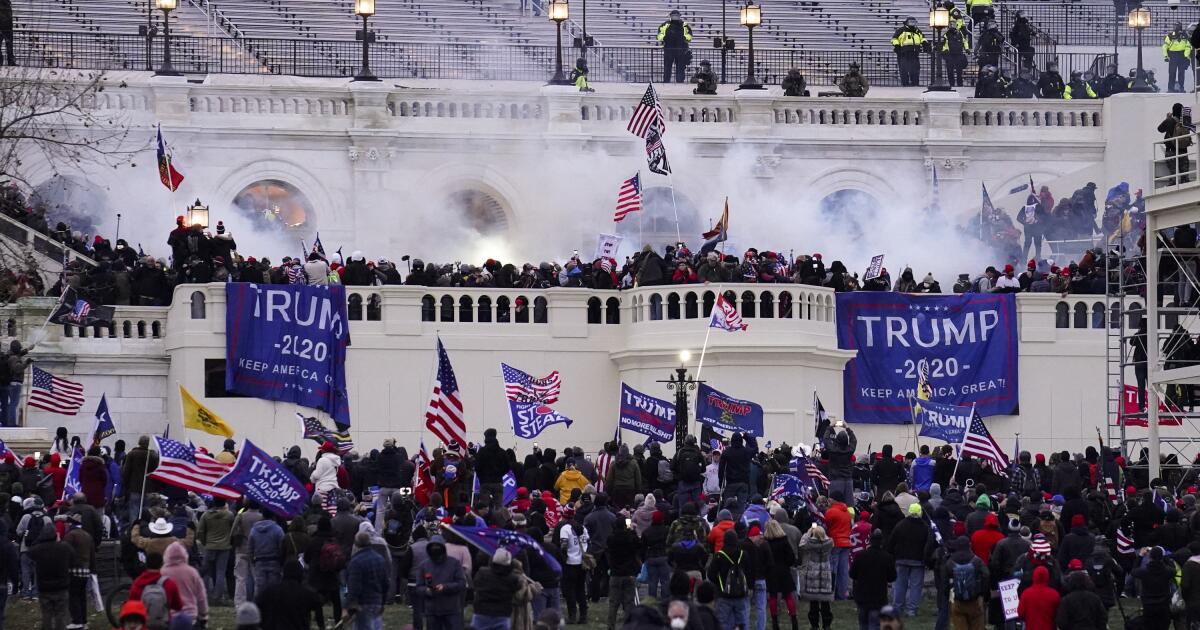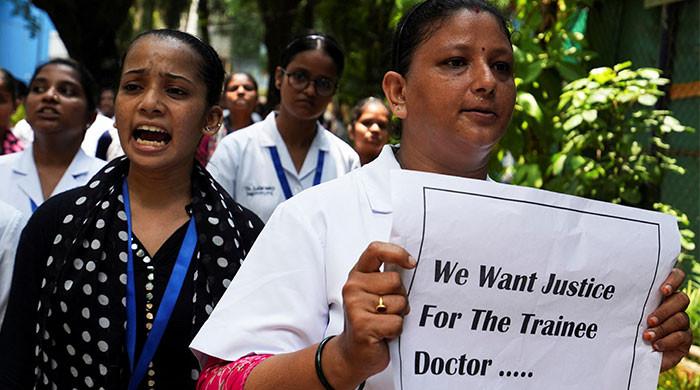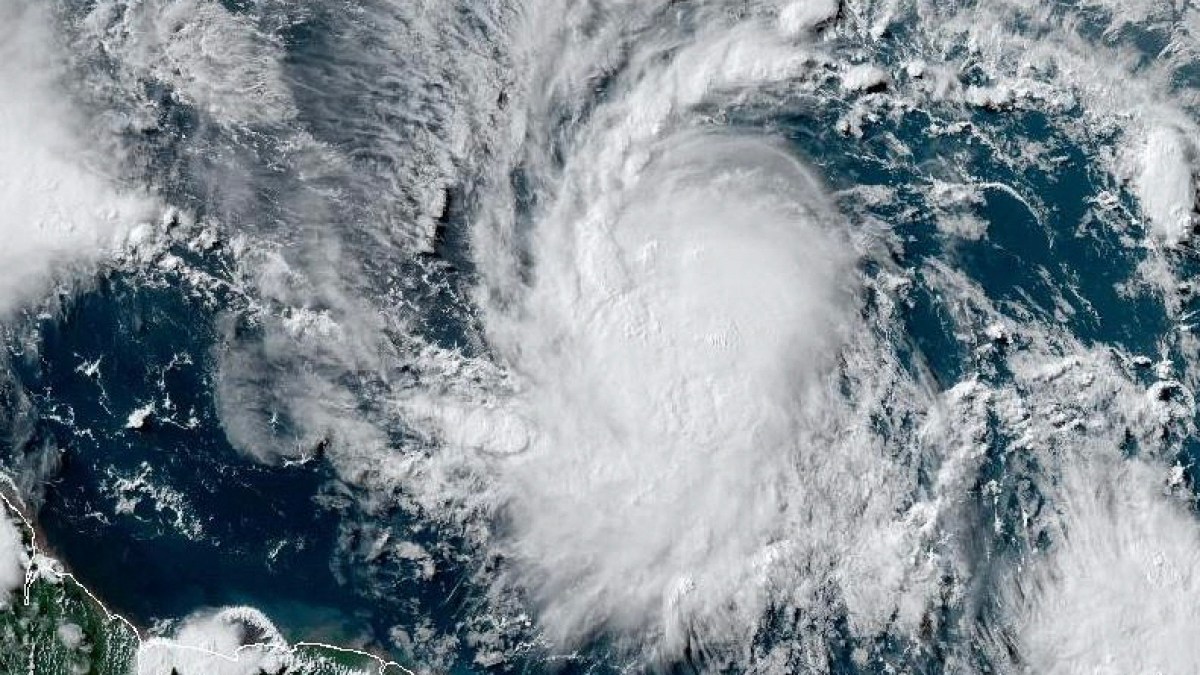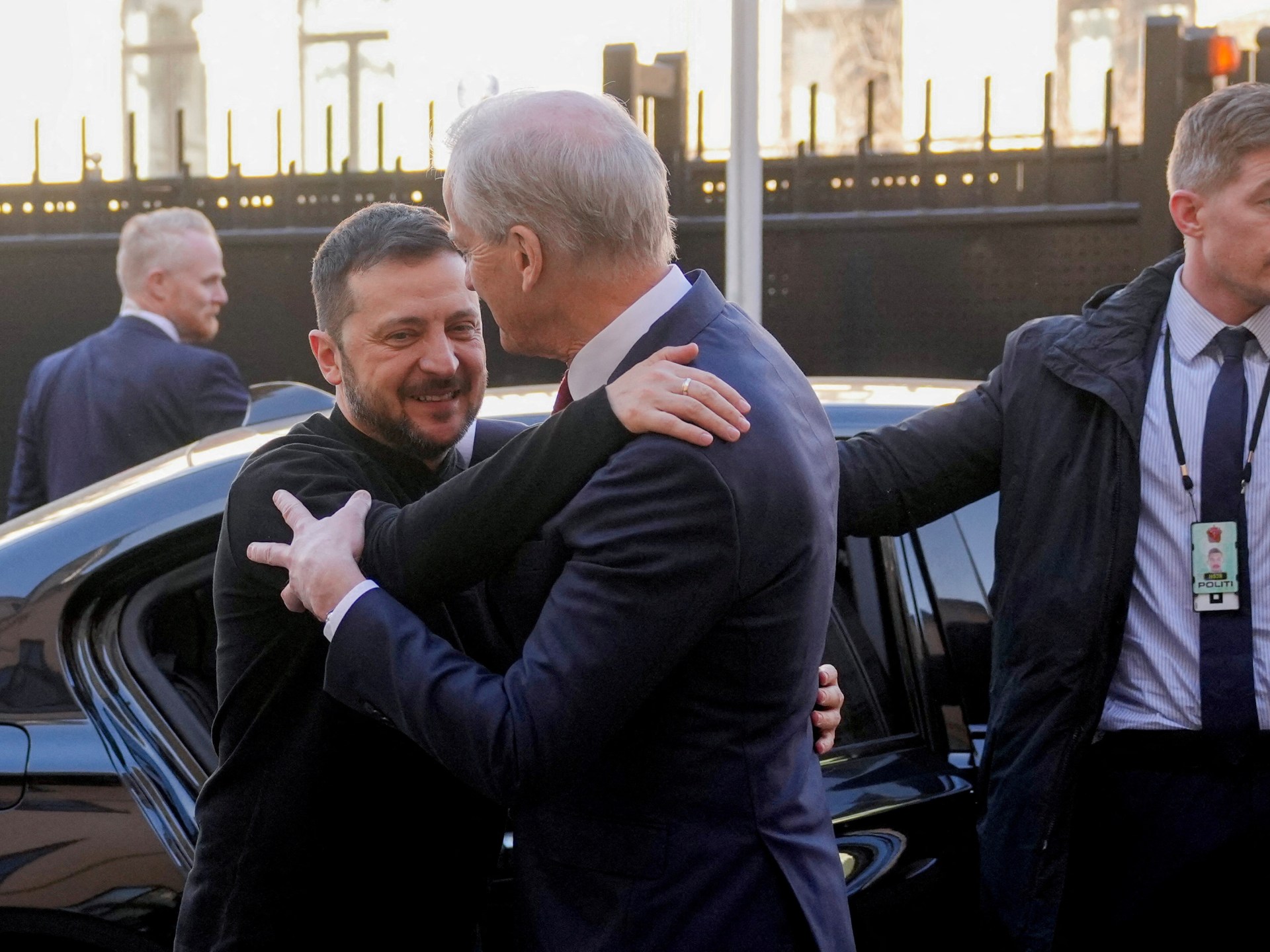It is also the largest in Africa, but critics see the mosque as a vanity project of a former president who named it after him.
Algeria inaugurated the world's third largest mosque and the largest in Africa, which had been delayed for years amid political changes, ahead of the Muslim holy month of Ramadan.
Algerian President Abdelmadjid Tebboune on Monday officially opened the Great Mosque of Algiers on the North African nation's Mediterranean coast.
Known locally as Djamaa El-Djazair, it features the world's tallest minaret at 265 meters (869 ft), can seat 120,000 people and is the largest mosque in the world only after Islam's holiest sites in Mecca and Medina of Saudi Arabia.
It was built over seven years in the form of a modernist structure spanning 27.75 hectares (almost 70 acres), decorated in wood and marble and with Arabic and North African ornaments. It reportedly has a helicopter landing pad and a library with the capacity to hold up to a million books.
The official opening of the mosque allows it to host many prayers and public events during the month of Ramadan, which begins around March 10.
But its opening event was largely ceremonial, as it has been open to international tourists and state visitors to Algeria for about five years, first opening for prayers in October 2020, but without Tebboune, who was suffering from COVID-19.
The massive mosque reportedly cost nearly $900 million to build and was built by a Chinese company.
Algeria now has the largest mosque outside Islam's holiest sites, but the project has been marred by years of delays and cost overruns. It has also been criticized for supposedly being built in a seismic risk zone, but the government has denied this.
Critics also claim that the mosque was essentially a vanity project of former president Abdelaziz Bouteflika, who was forced to resign in 2019 after 20 years in power.
Bouteflika, who had to resign after popular protests and the eventual intervention of the Algerian army, had named the mosque after him and planned to inaugurate it in February 2019, but never managed to do so.
The mosque, along with a major national highway and a million new homes, was marred by suspicions of corruption during the Bouteflika era, with alleged bribes to state officials paid for by contractors.

